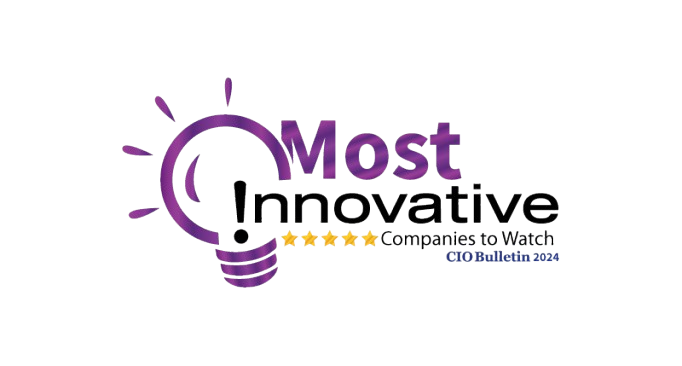Comprehensive Guide to Creating an Ideal Customer Profile
June 30, 2023
In today's highly competitive business landscape, understanding your ideal customer is crucial for success. An Ideal Customer Profile (ICP) helps you identify and target the right audience, align your marketing efforts, and drive growth. In this comprehensive guide, we will walk you through the process of creating an effective ICP that will fuel your business's success.
Understanding the Importance of an Ideal Customer Profile
An Ideal Customer Profile is a detailed description of your target customer, incorporating key characteristics, demographics, pain points, and preferences. By creating an ICP, you gain valuable insights into your customer base, enabling you to tailor your marketing strategies, product development, and customer support to their specific needs. This focused approach allows you to maximize your resources and achieve higher conversion rates.
Key Steps in Creating an Ideal Customer Profile
Step 2: Analyze Your Existing Customer Base Examining your current customer base is a valuable exercise in identifying common traits and characteristics among your most loyal and profitable customers. Look for patterns such as demographics, industries, company sizes, and purchasing behaviors. This analysis will help you identify your most valuable customer segments and understand the traits that make them ideal.
Step 3: Develop Buyer Personas Buyer personas are fictional representations of your ideal customers. Based on the insights gathered in the previous steps, create detailed profiles that encompass their demographics, goals, challenges, and motivations. Give each persona a name and consider including additional details such as job titles, hobbies, and preferred communication channels. The more specific and detailed your buyer personas are, the better equipped you'll be to tailor your marketing messages.
Step 4: Segment Your Target Audience Segmentation is the process of dividing your target audience into distinct groups based on shared characteristics or behaviors. By segmenting your audience, you can create personalized marketing campaigns that resonate with each group. Consider factors such as geographic location, industry, company size, and purchase history to define your segments. This allows you to deliver targeted messages and offers to increase engagement and conversion rates.
Step 5: Identify Pain Points and Challenges Understanding the pain points and challenges your customers face is essential for positioning your product or service as the ideal solution. Conduct surveys, interviews, and social media monitoring to gather feedback directly from your target audience. Analyze their responses to identify common pain points, and address them in your marketing messaging and product development efforts.
Step 6: Create a Value Proposition Craft a compelling value proposition that clearly communicates the unique benefits and value your product or service offers to your target audience. This statement should highlight how your solution solves their pain points, differentiates from competitors, and delivers measurable results. A strong value proposition will attract and resonate with your ideal customers, driving interest and conversions.
Conclusion
Creating an Ideal Customer Profile is an ongoing process that requires continuous refinement and adjustment. By investing time and resources into understanding your target audience, you can create highly effective marketing campaigns, improve customer satisfaction, and drive sustainable growth. Use the steps outlined in this guide to develop a comprehensive ICP that will help your business outrank competitors and achieve long-term success.Featured Resources
Check Our Latest Resources

Proven ROI has been recognized as one of the Most Innovative Companies to Watch 2024 by CIO Bulletin—a testament to the company’s forward-thinking approach to CRM investments and strategic partnerships. By working closely with leading CRM platforms like HubSpot, Proven ROI is revolutionizing how businesses manage customer relationships, scale their operations, and drive growth.



